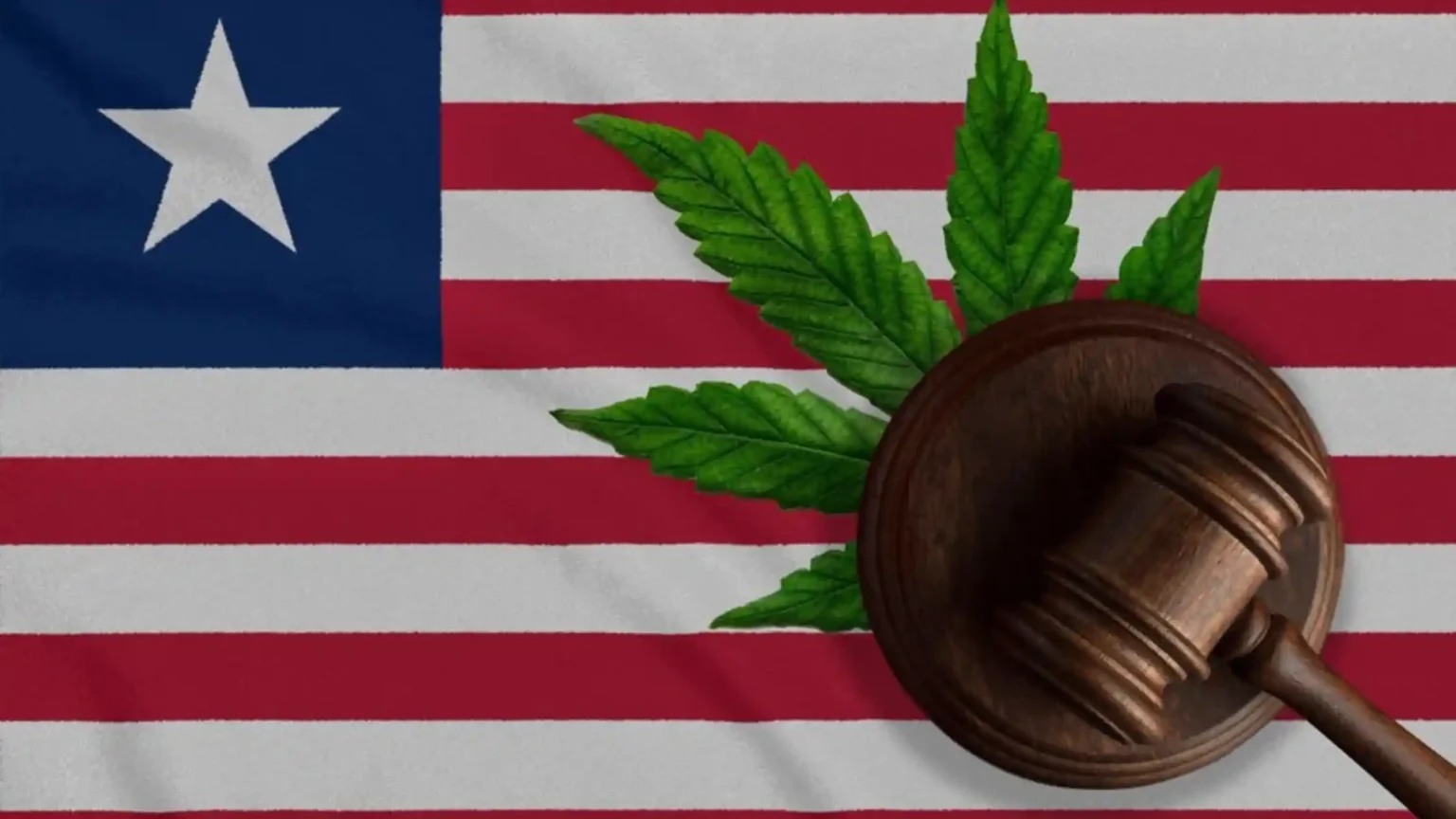Justice Department formally moves to reclassify marijuana as a less dangerous drug in historic shift
The Justice Department has initiated a historic move to reclassify marijuana, reducing its classification from a Schedule I to a Schedule III substance. This decision follows a recommendation from the Health and Human Services Department and represents a significant shift in U.S. drug policy. The reclassification acknowledges marijuana’s medical uses and positions it alongside substances like ketamine and some anabolic steroids, which have recognized medical benefits and a lower potential for abuse compared to Schedule I drugs.
Attorney General Merrick Garland approved the proposal, which is now open for public comment. This process, including a possible review by an administrative judge, could extend over a considerable period. If finalized, the reclassification would not legalize recreational marijuana but could ease restrictions on its research and reduce the tax burden on marijuana businesses, which can currently be as high as 70%.
President Joe Biden, who urged the review of marijuana's status in 2022, supports this reclassification as part of broader efforts to address the inequities caused by stringent drug policies. He has already pardoned thousands of individuals convicted of simple marijuana possession and encourages similar actions at state and local levels.
The reclassification could have political implications, potentially bolstering Biden's support, especially among younger voters. It reflects the growing acceptance and decriminalization of marijuana in many states. Currently, 38 states have legalized medical marijuana, and 24 have approved its recreational use.
While Democratic leaders like Senate Majority Leader Chuck Schumer welcome the change and advocate for further legalization, some critics, including Dr. Kevin Sabet of Smart Approaches to Marijuana, argue against rescheduling, citing insufficient data and the influence of politics over science in this decision.
Despite the move's significance, its immediate impact on the criminal justice system is expected to be minimal, as federal prosecutions for simple possession have been rare. However, it could facilitate more comprehensive research on marijuana and potentially transform the regulatory landscape for the rapidly growing cannabis industry, valued at nearly $30 billion .



Comments
Post a Comment